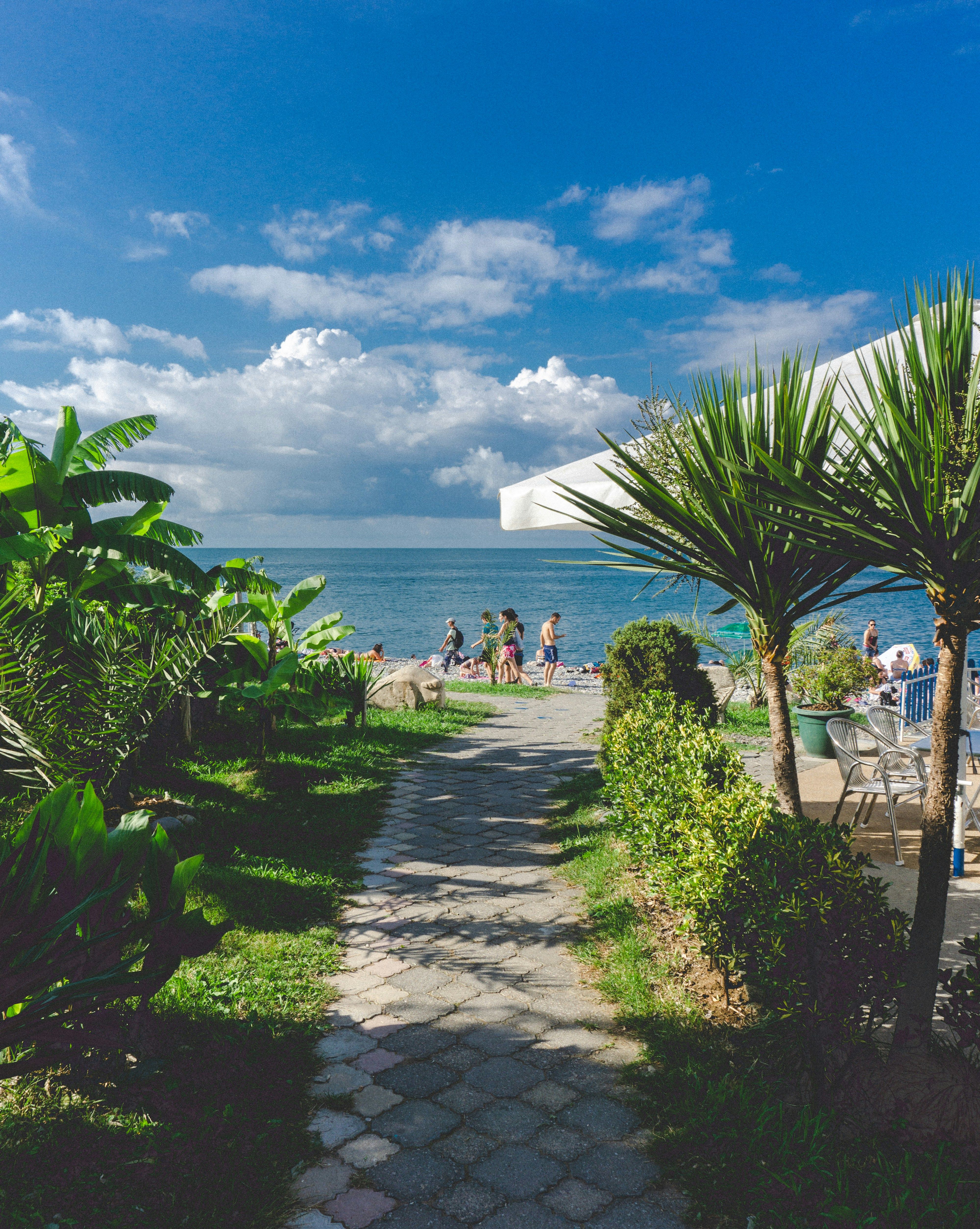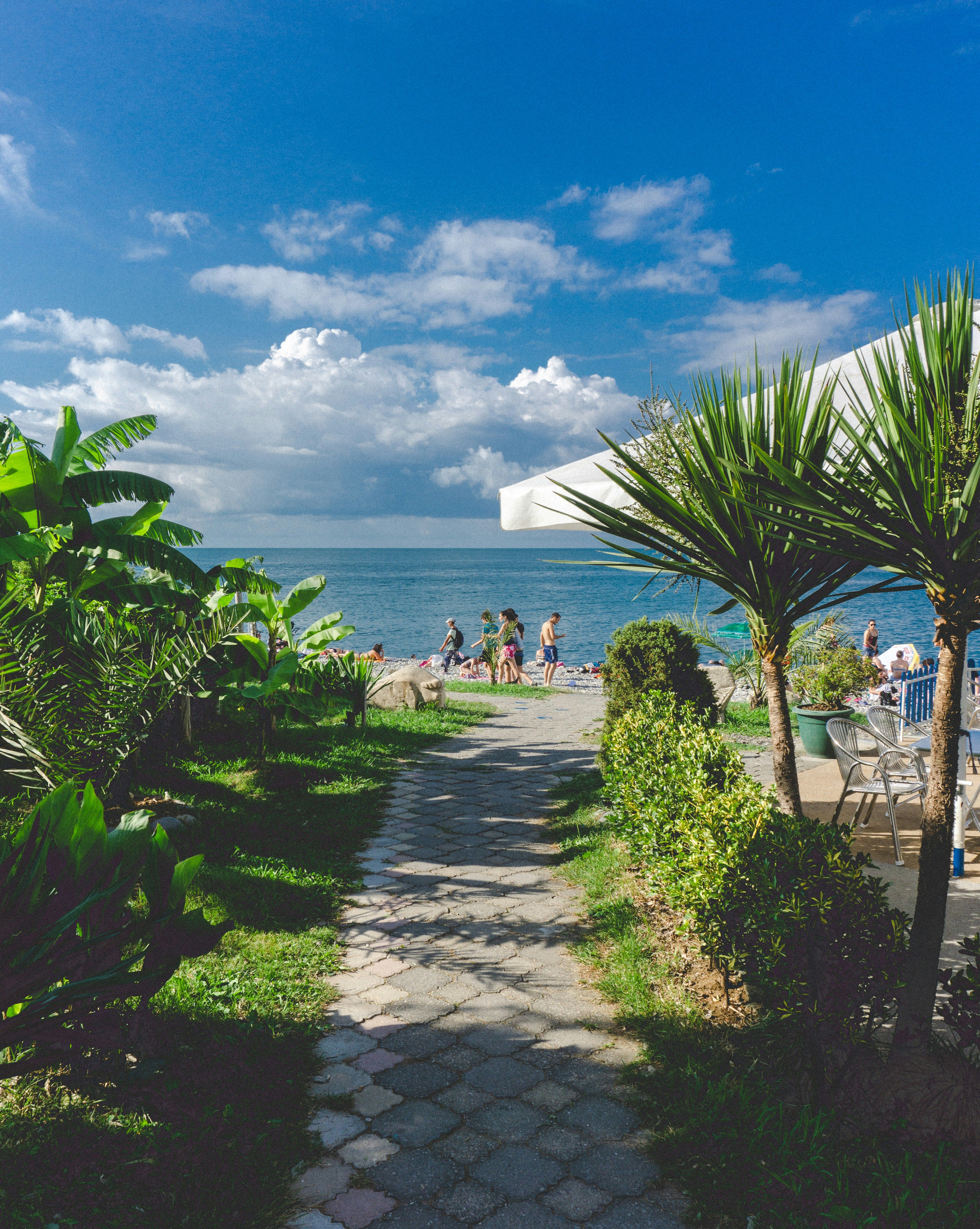Edeka Predicts Steady Grocery Prices but Some Items Remain Pricey - Coffee Tops Historical Highs
Food retailer Edeka anticipates consistent food prices - Historically high coffee costs currently prevailing
In a relaxed chat, Edeka CEO Mark Rosenkranz shared some insightful stuff about the retail sector. Set your wallets at ease, folks! This fabulous supermarket chain assures us that grocery prices won't skyrocket anymore this year. While some items refuse to budge from their lofty heights, others are enjoying a heyday of cheapness.
The chatter about food prices being stable in 2023 is around the block, thanks to Rosenkranz's words. "We've seen a moderate price hike of about 2% in the food sector," he said, hinting at consistency for the rest of the year.
Last year was a rollercoaster ride for inflation, but it's finally returning to normalcy. However, the exception to this rule? Coffee prices are shooting through the roof, hitting all-time highs. "But hey, on the bright side, we've got some real bargains over here, like cooking oil," Rosenkranz cheered up, as if trying to calm the bitterness of excessively expensive coffee. Chocolate and butter prices are also on the decline.
Edeka Minden-Hannover didn't let a weak economy dampen its spirits last year. With a 2% increase in revenue to 12.24 billion euros, it managed to weather the storm. Rosenkranz added that the sales volume also saw a slight bump. However, the after-tax profit dipped from around 179 million to 146 million euros.
The grocery store remains immune to the economic downturn, according to Rosenkranz. "People gotta eat, so it's a pretty stable biz," he said. However, consumers are undeniably price-conscious now. Edeka has observed a boom in its "Good & Cheap" brand, which offers more affordable options.
Edeka, however, is feeling the pinch in other areas. Thanks to the iffy economic climate, consumers are hesitant about big-ticket purchases. "We can't escape this spending slump at the moment," Rosenkranz admitted. This cautiousness is particularly evident at Marktkauf, where 20% of sales come from non-food items. Though food sales saw a 2% hike, other products experienced a slight dip. At Edeka itself, the non-food sales share isn't as substantial. By summer, Rosenkranz anticipates a rebound in consumer confidence, assuming trade restrictions don't cause any surprises.
Many factors, such as supply and demand, transportation costs, global events, and market speculation, can affect coffee prices. Edeka's "historically high" coffee prices might be due to one or more of these reasons[1].
[1] Factors influencing coffee prices:- Supply and Demand- Transportation costs- Global events- Market speculation
- In light of the steady grocery prices projected for the year, Edeka's contingency plans may include revising their community policy to address personal-finance concerns related to food expenses, while maintaining a focus on affordable employment policies to ensure affordable food for their employees.
- As the finance sector continues to monitor grocery price variations, businesses like Edeka might need to adjust their employment policies to accommodate the fluctuating costs of non-food items, such as coffee, in their personal-finance assistance programs for employees.






